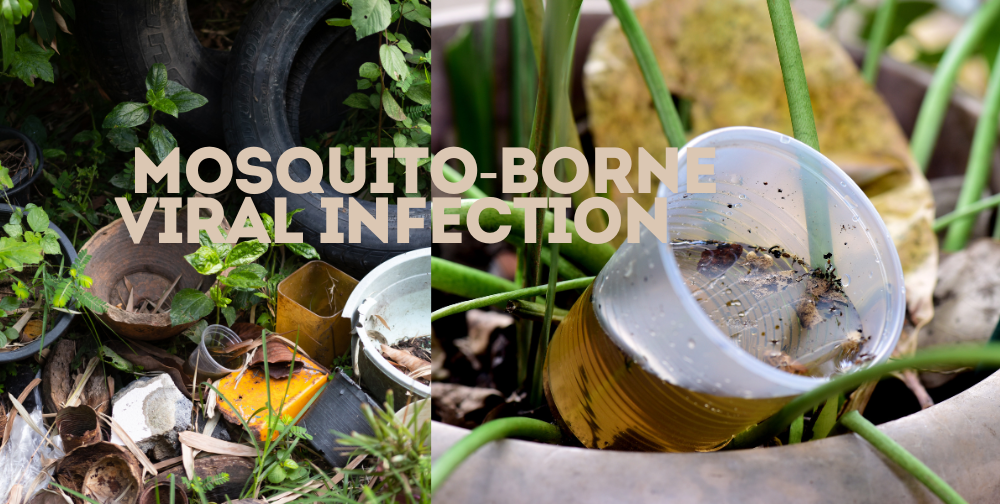


Dengue fever, a mosquito-borne viral infection, has become a significant global health concern, particularly as climate change influences the geographical spread and intensity of its transmission....
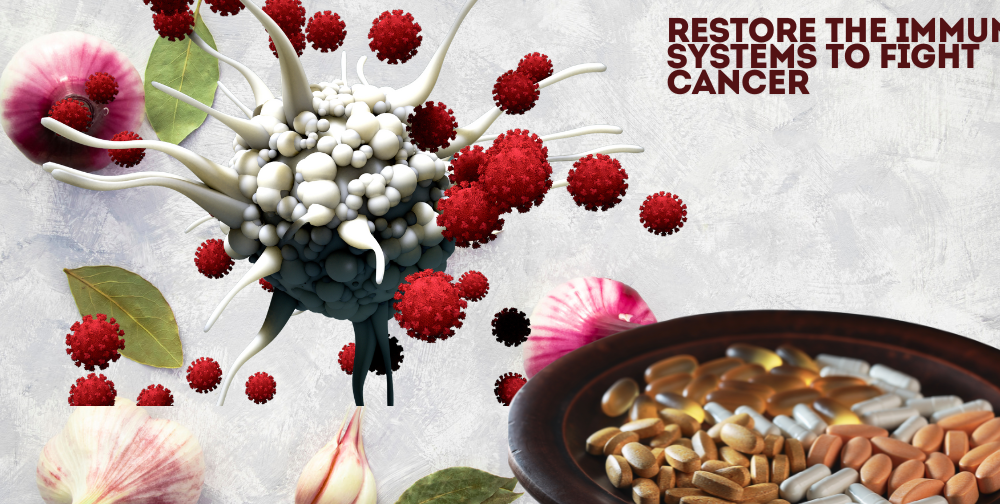
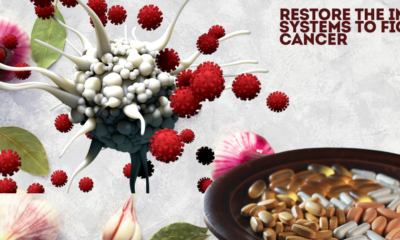

Immunotherapy revolutionizes cancer treatment by harnessing the body’s immune system to recognize, attack, and eliminate cancer cells. This transformative approach has shown immense promise, offering new...
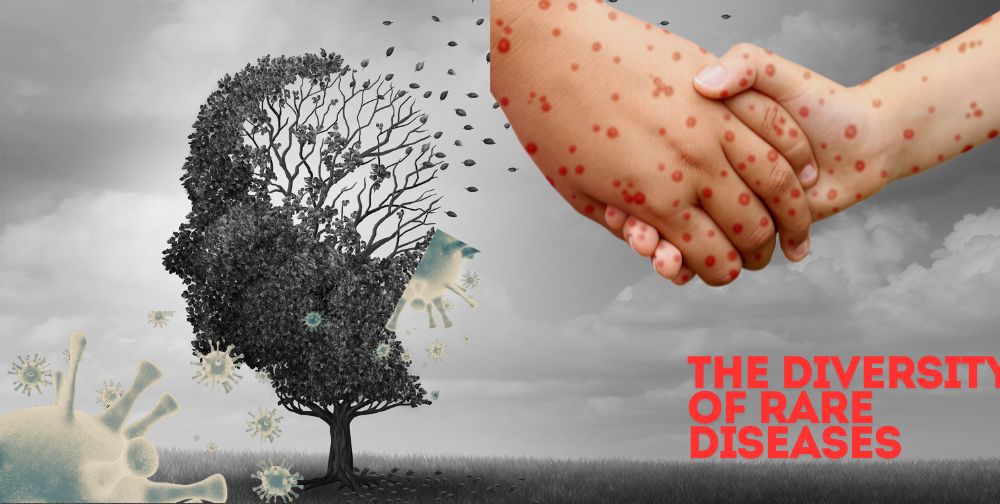
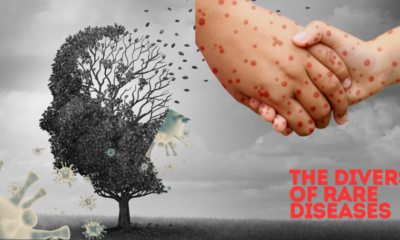

Rare diseases, often called orphan diseases, are a diverse group of conditions that affect a small fraction of the population. By definition, a disease is considered...



Food allergies and intolerances are widespread and often misunderstood conditions that affect millions globally, with significant impacts on quality of life. Understanding the distinctions between the...



Parkinson’s disease (PD) is a progressive neurodegenerative disorder that affects millions of people worldwide. Named after the English physician James Parkinson, who first described it in...



Mental health is an essential component of overall well-being, influencing how individuals think, feel, and behave. Despite its critical importance, society has historically marginalized mental health...



The liver is a vital organ in the human body, performing numerous functions that are essential for life. It plays a key role in metabolism, detoxification,...



HIV/AIDS continues to be a significant global health challenge, but 2024 has brought new advances in treatment and prevention that offer hope for millions of people...



Waterborne diseases primarily spread through drinking or using contaminated water. Contamination can occur from a variety of sources, including human and animal waste, agricultural runoff, and...
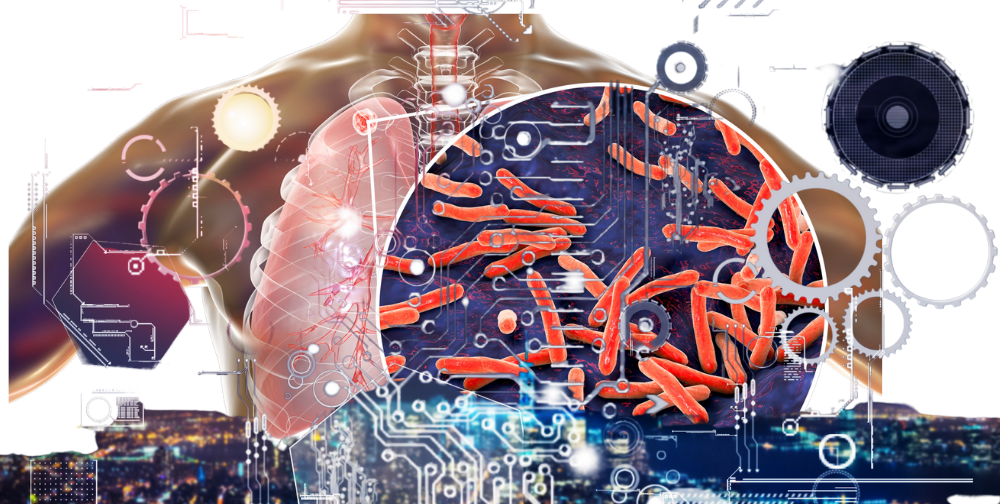
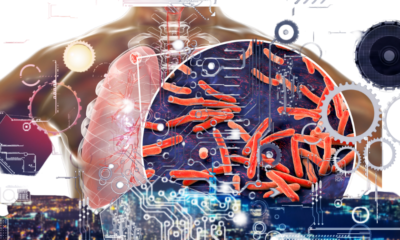

Tuberculosis (TB) remains one of the most significant global health challenges today, with over 10 million new cases and 1.6 million deaths annually, making it the...